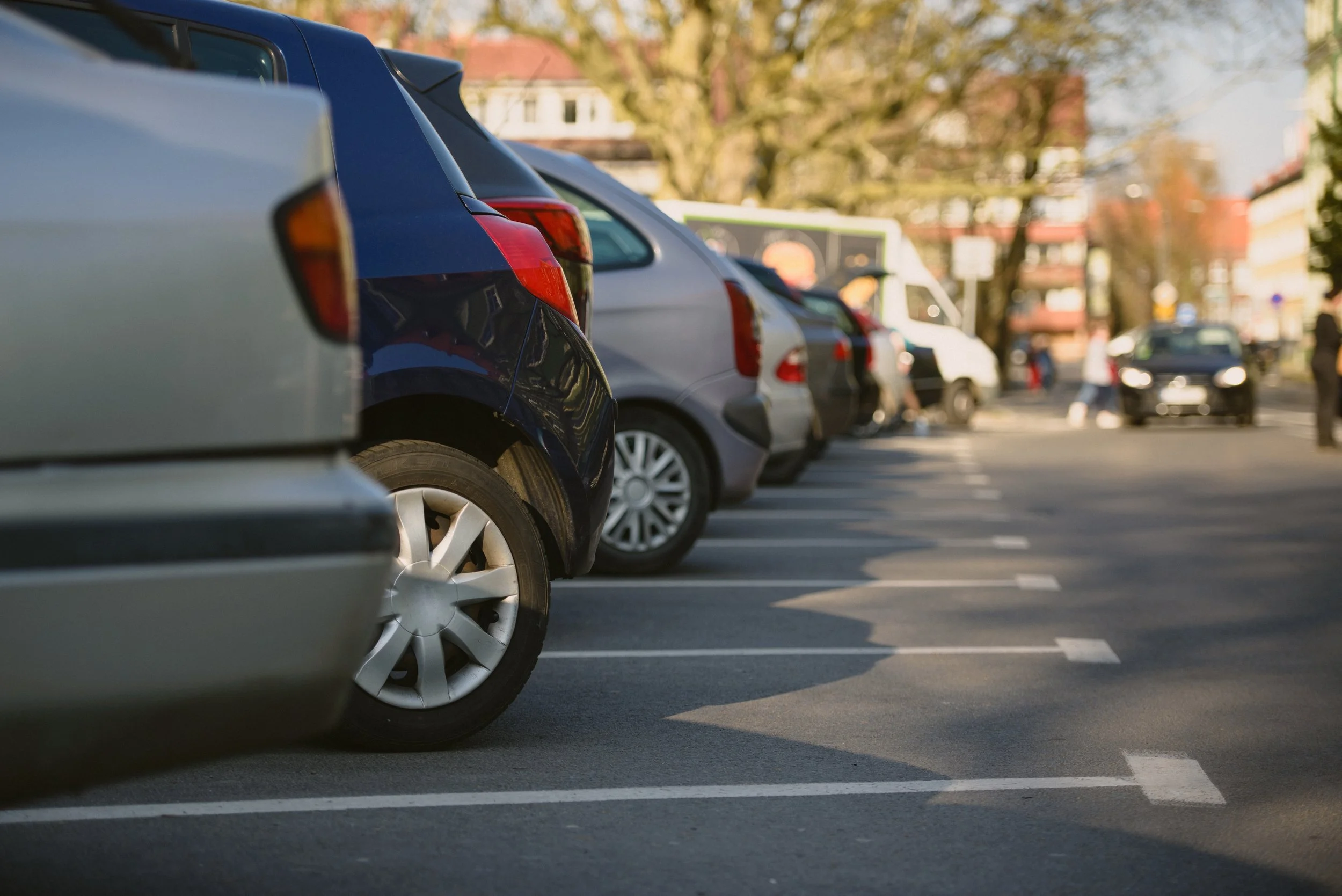What Parking Lots Reveal About Human Connection
Connected Relationships Unconscious Behavior Family Life
Two Ways To Park, Two Ways To Think
Introduction: Convenience vs. Connection
Sometimes, the smallest everyday actions reveal more about us than we realize. Take parking lots, for example. Some drivers back into their spots, preparing for a quicker exit. Others pull straight in, keeping the flow moving without delay. Neither is right or wrong, but both quietly say something about how we navigate shared spaces.
It made me wonder: are we tuned in to the people around us, or are we mostly focused on our own convenience? Do we move on autopilot, doing what feels easiest, or adjust when the situation calls for it? These are small moments, but they echo much larger patterns in our lives.
Why We Often Default To What’s Easiest
Behavioral researchers Song et al, (2022) explored this very idea in a study examining how personal convenience often outweighs social expectations, even when it disrupts others in shared environments. It’s not necessarily about being unkind. Most often, people are too preoccupied to notice. And in truth, I’ve seen this in my work and my own life. When we’re emotionally overloaded, disconnected, or stressed, we default to survival mode. We focus on what’s easiest or most comfortable for us, sometimes without realizing how it affects those around us.
This idea matters so much in family life too. I often work with parents who feel like they’re stuck in patterns they didn’t consciously choose. Arguments that follow the same exhausting script. Conflicts that escalate because no one stops to ask what’s really going on underneath. Parenting, especially in hard seasons, can make it easy to miss these quiet signals. Those specific ones sent by our children, and the ones we send back.
When Habit Wins over Awareness
Awareness is the first step. Noticing our habits, our tone, our reactions; whether in a parking lot or a living room, gives us a chance to pause, adjust, and move more intentionally. If you’ve found yourself on autopilot lately, or if certain family dynamics feel heavy and unchangeable, you’re not alone. I’ve walked those roads too.
At My Journey Compass Health, I work with parents and families to gently untangle these invisible patterns and build a healthier, more connected way forward. If this reflection resonates with you, or you’re feeling weighed down by relationship struggles at home, I’d love to help.
Reach out — let’s start a conversation.
Reference:
Song, K.-W., Jeon, S.-M., Park, K.-J., & Shin, Y.-E. (2022). Study on the psychology of drivers dealing with illegal parking behavior. KSCE Journal of Civil Engineering, 26(6), 2919–2925. https://doi.org/10.1007/s12205-022-1823-5
Ready to talk? / ¿Lista(o) para hablar?
English:
• Trauma-informed, integrated psychiatric care
• Non-controlled medication management
• For adults, teens, and children ages 6+
Español:
• Atención psiquiátrica integrada y con enfoque en trauma
• Manejo de medicamentos no controlados
• Para adultos, adolescentes y niños a partir de los 6 años
*This blog is for educational purposes only and does not constitute medical advice or establish a provider–client relationship.*
*Este blog es solo para fines educativos y no constituye asesoramiento médico ni establece una relación proveedor–paciente.*



